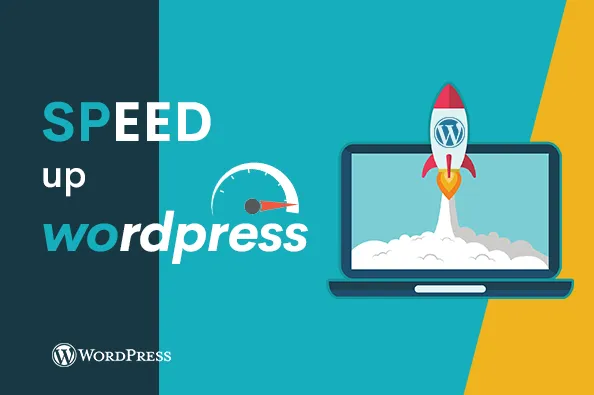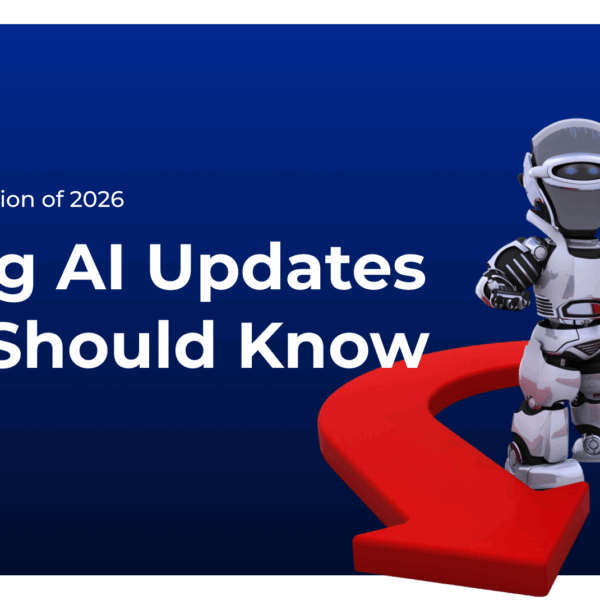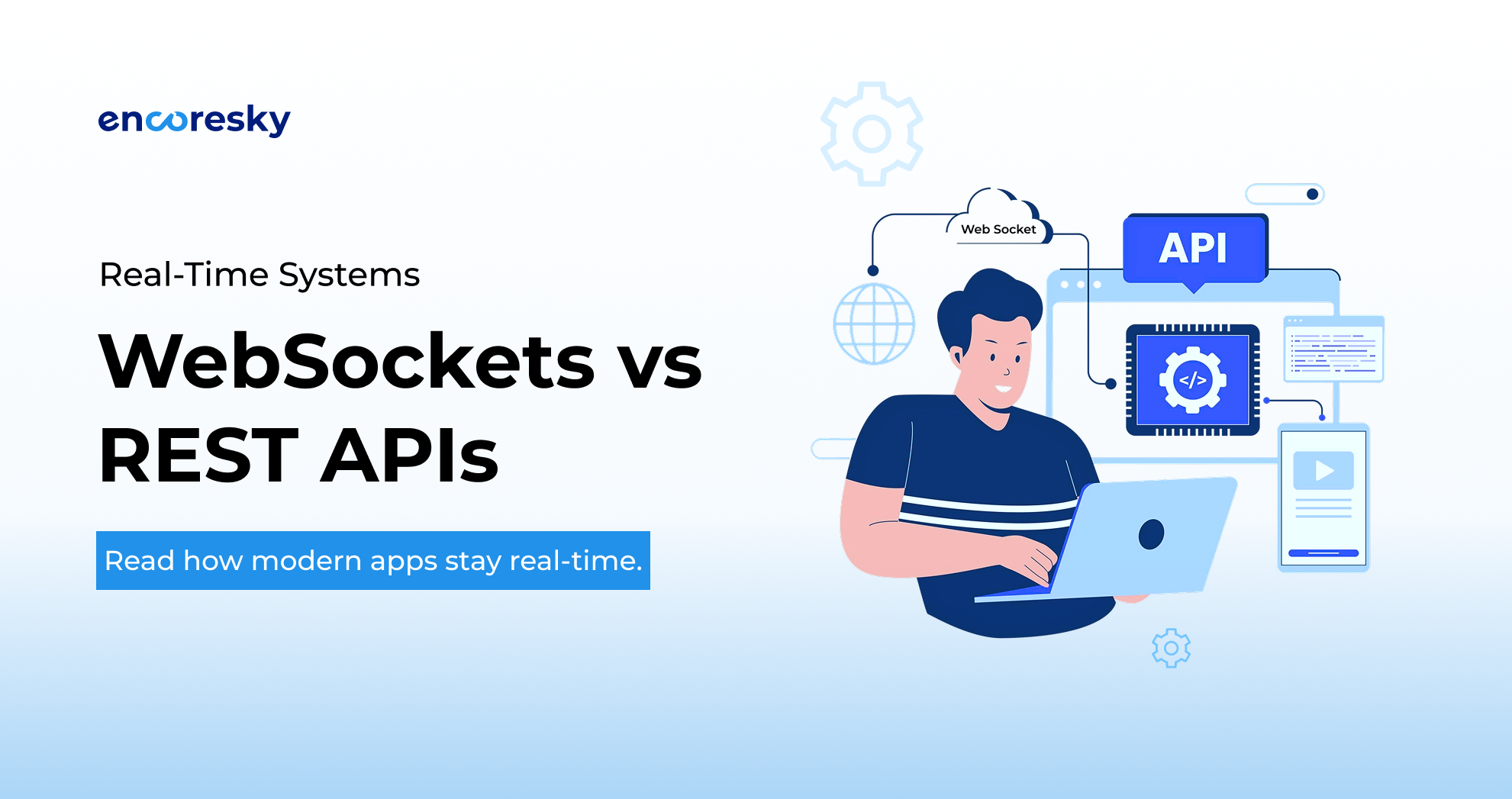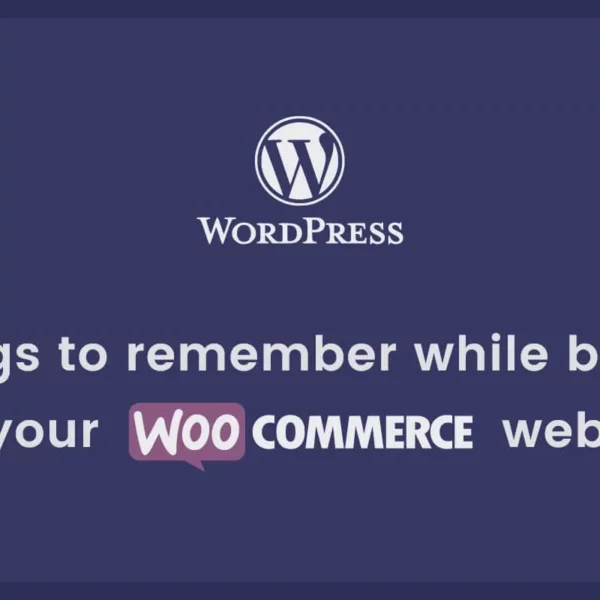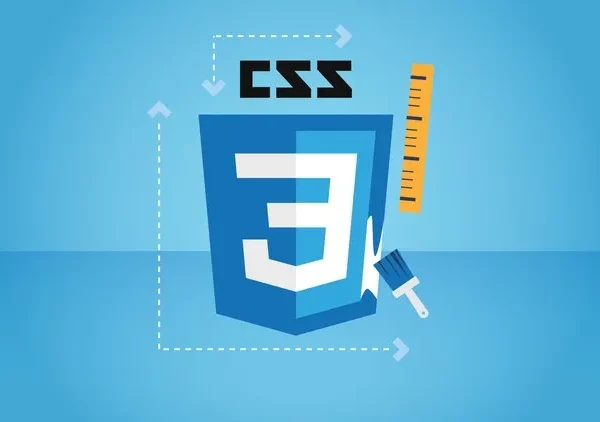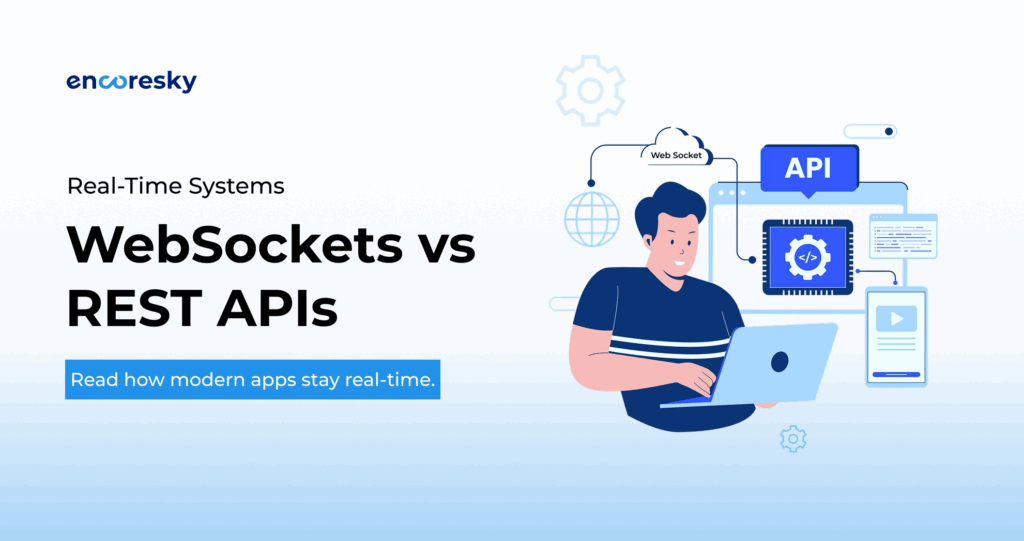More than 30% of the websites run on WordPress and more than 80% of the websites are not as fast as they can be. Either they are poorly built and use poor code, plugins, unoptimized images or use a slow hosting provider. But, thanks to technology, there are many ways to speed up your WordPress website.
A slow website can cause the dropping of the traffic, impact SEO, bad impression on users with a bad user experience. As well as people who are selling things on the website may get impacted by dropping conversion rates. In the fast world, nobody wants to wait for more than a second to load your web page.
Hiring the right people to build a WordPress website can help you with these problems by using the right theme, plugins, or building a custom theme that suits the specific requirements and functionalities and WordPress speed optimization.
With more than 7 years of experience in WordPress development, we have gathered a few important points to speed up WordPress Website whether it is a new website or has been built already.
1. Choose correct Hosting Provider
The most important thing in speeding up the website is choosing the right hosting provider according to your website traffic. There are various WordPress hosting providers like
# Bluehost,
#Siteground,
#Godaddy,
#WPEngine, etc..
But, we found that Siteground seems to be a good fit if you don’t want to spend a lot on hosting with great performance.
Siteground provides different plans according to the usage, we found it cost-effective in comparison with others. WPEngine is a dedicated WordPress hosting provider with different environments like development, staging, and production which is great if a higher hosting cost is not a problem.
2. Remove unused Plugins and Themes
A great team will never leave unused plugins and themes on the website. To speed up the WordPress website it is necessary to remove the unused resources, especially plugins. Whenever WordPress looks for plugins each time the site gets hit which causes extra work and results in the slowness of the site.
I also recommend updating the outdated plugins and themes for security and performance reasons.
3. Use Cache Plugin
Use a suitable cache plugin for your website like W3 Total Cache, WP Super Cache, Autoptimize, etc… they can boost up your site by compressing or combining CSS & javascript files and other technologies like GZIP, the cache expires, etc…
4. Audit your Website on GTmetrix, Lighthouse and Google Page Speed Insights
GTMetrix, Lighthouse, and Google page speed insights are great tools to identify the bottleneck in speeding up the website. There are a number of suggestions these tools provide which may need an expert developer to fix but it tells what are the areas to improve.
5. Use Optimised Images
There are many plugins available to optimize the already uploaded images like Smush however we recommend that optimized images should be uploaded, which can be done through Photoshop or various image optimizing tools from the internet like TinyPNG.
6. Lazy Loading For Images
Images play a vital role in website performance. The lazy loading of images can improve performance significantly as most heavy assets on any page are images and if you don’t request them at initial loading you can save a lot.
Many lazy loading plugins are available but I recommend using Lozad.js as it’s lightweight and doesn’t depend on any other javascript library like jQuery.
7. Optimise Database
WordPress provides a lot of things to make the site owners’ life easy. It keeps even the deleted data and old version of the posts in the database so at some point if you want to restore, it pulls from the database.
As the data grows, it starts impacting the database performance so unused data must be removed to improve the database performance. You can delete the following thing which can improve your website performance drastically if you have tons of posts, spam comments, and trashed items.
- Delete/disable revisions
- Remove spam/unapproved comments
- Remove trashed items
- Remove unused metadata of posts
Conclusion
An optimized website is as important as its design, users stay more on the website that loads fast even in slow internet speed. Following things from the start and carefully can improve website speed drastically. I hope this article can help website owners as well as developers to speed up their websites. If you have suggestions or any question please mention in the comment, I will be glad to answer.
